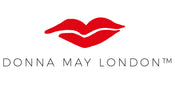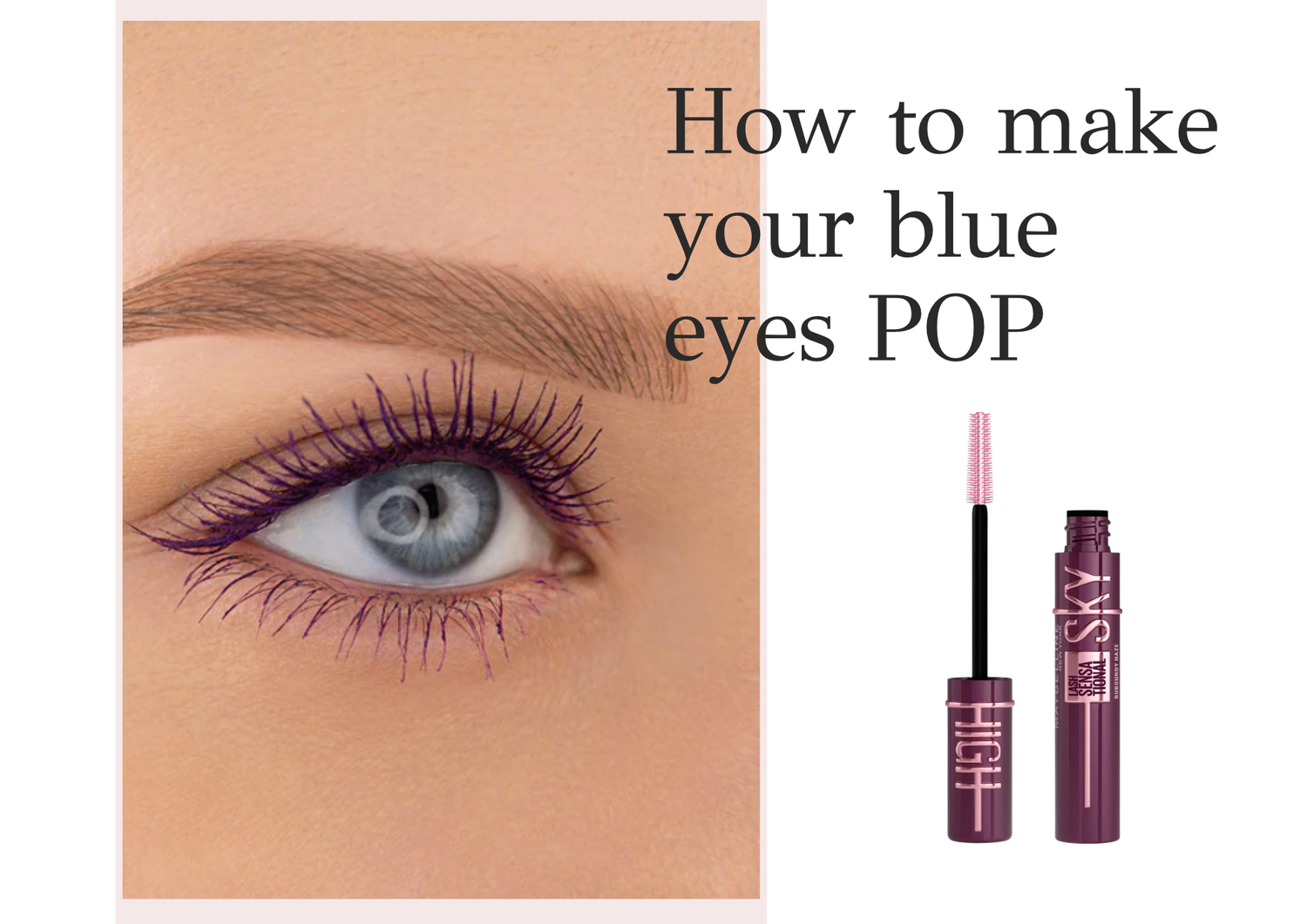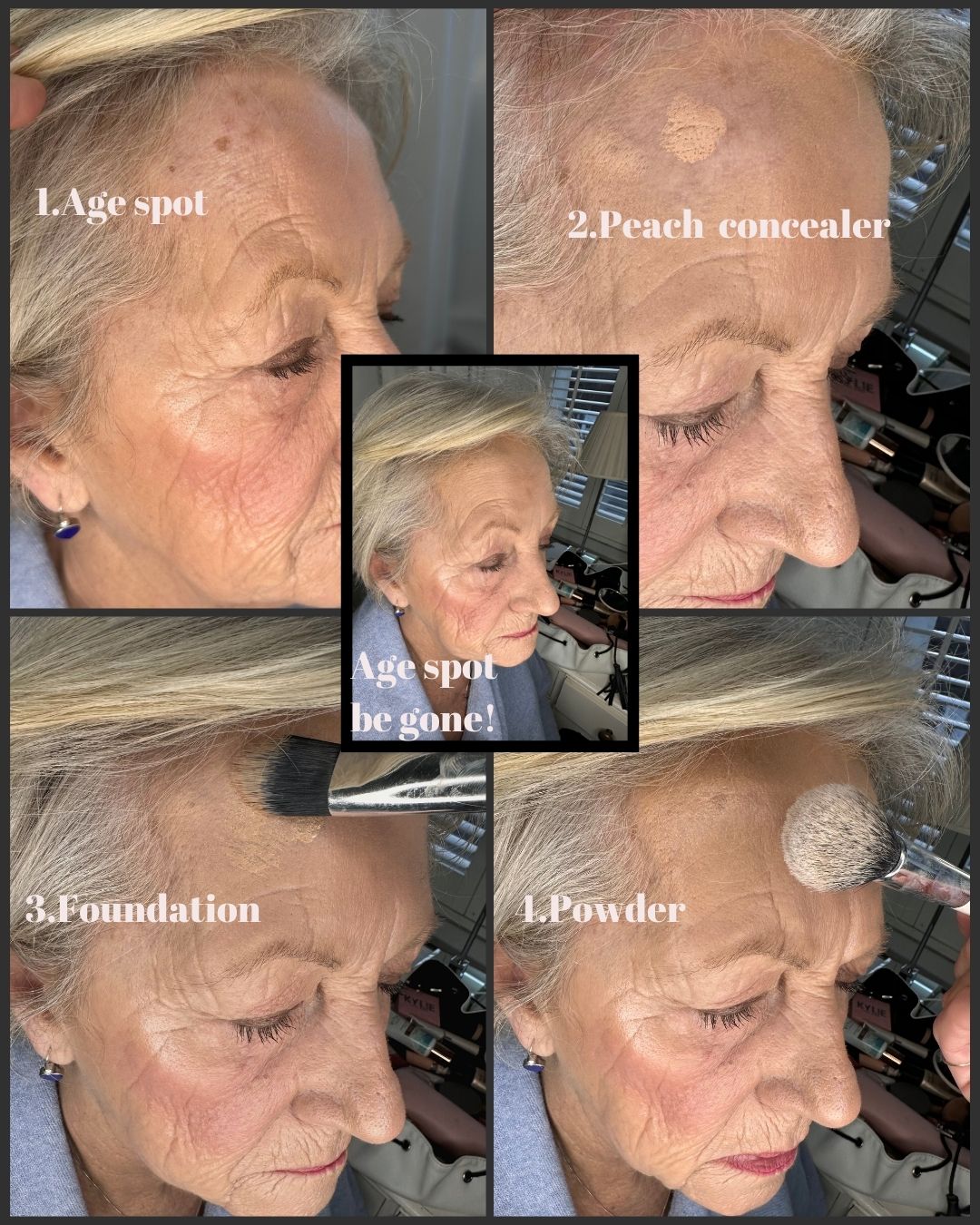Friend of Donna May London, Carol McGiffin, Shares her Breast Cancer Story with us

Chump, worzel, McGiff.....Oh the names I could reel off for my mate Carol...but I can't do that on here!

I had just turned 54 and for the first ten minutes after hearing the diagnosis I was calm, not surprised and couldn’t wait to get out of the clinic. The consultant was explaining what could be done but I wasn’t listening really. After speaking to him, I went to see the Nurse Specialist who also took me though what would happen, gave me loads of booklets and advice, but the only thing I can remember her saying was that I was ‘young’! She was talking in the context of just going for all the treatment I possibly could because I must have been thinking, ‘I can’t deal with all that…….’
How was your cancer detected? Did you experience changes in your breasts or was it a routine check that brought about the diagnosis?
I found a lump while I was on holiday in Thailand. Mark and I were there to celebrate our birthdays which are in January and February and I was in the shower one day, doing the check as I had done for years, and there it was. It felt huge and I knew then that it must have been fast growing because it sure as hell wasn’t there 3 or 4 months ago. I didn’t mention it to Mark though because I didn’t want to spoil the holiday!
How soon after your diagnosis did you share the news with your family and friends?
Mark knew straight away although he wasn’t at the appointment with me (I wouldn’t let him come in) but as soon as I left the clinic I told him because he was waiting outside. The rest of my family I told one by one because I had to do it face to face. I did it as soon as I could but It wasn’t easy. Only my younger sister took it really badly at the time.
What treatment did you receive and over how long?
I had the mastectomy first, followed by 6 rounds of chemotherapy followed by 15 radiotherapy. I couldn’t use any of the long-term drugs like Herceptin because the tumour was a triple negative one.
What side effects did you endure? Can you talk us through any coping strategies you put in place?
When I think about the side effects now, I think they weren’t actually that bad. You do get used to just feeling like you’ve either got a massive permanent hangover, or that you’ve been mildly poisoned which I in a way, I suppose you have. I couldn’t drink alcohol because it tasted like acid but I didn’t really miss it. And I didn’t feel sick because the sickness drugs worked well for me so the I have to say that the absolute worst thing, even worse than having no hair, was the incessant constipation. I coped with that by not eating much which is why I lost weight.
Where did you get your strength from?
Mentally? I don’t know. I’m quite a pragmatic person who always thinks ‘just get on with it’, especially with things I have no control over. Physically, I didn’t have any strength. I tried to go for a walk every day but it was hard.
What was your biggest personal challenge throughout your treatment?
Getting my column written every week for the Sunday People. My brain was so fogged up with all the treatments, thinking, focusing and concentrating became the hardest things to do.
Did you have a support network around you?
My family were very supportive and all my close friends that I told were too. They completely understood that I didn’t want to be asked how I was all the time and just treated me normally. Mark was the biggest support though.
What kind of things did you do to distract you during your treatment - both in hospital and at home?
I always took my iPad to the hospital so I could read the papers and surf the internet. Occasionally, if Mark couldn’t come with me, I’d watch a film on it. At home we subscribed to Netflix and watched dozens of box sets while drinking tea and eating biscuits.
As a friend or family member of a Breast Cancer sufferer - what is the no.1 most important thing that they can do for you?
Respect how you want to be treated. Obviously, it’s different for everyone but for me it was just to be treated normally, not constantly asking how I was feeling, or looking at me with what I called the ‘cancer face’ which is a well-meaning sad face loaded with pity. I didn’t like that.
Equally - what is the no.1 thing that they should NOT do or say?
Oh, don’t worry, you’ll be fine!
How did your appearance change during treatment?
I lost all my hair which I wasn’t particularly bothered about except I wish I’d been better and doing make up so I could have applied false eyelashes and drawn eyebrows. And of course I had to get used to just having one boob something I’m still not used to almost 6 years on.
Has your diagnosis affected you on a long term psychological level?
Only in that I automatically assume that every ache and pain is the cancer returning. During stressful times it’s worse because you can’t reason with yourself.
Where are you now in your recovery?
As far as I know it hasn’t come back yet. And I always say ‘yet’ because I’m convinced it will one day. I was discharged after 5 years last November but I don’t see that as a guarantee and still get anything I’m worried about checked as soon as I can.
Looking back, is there anything you would have done differently?
In a word, no.
What is the biggest piece of advice you would give anyone facing cancer right now?
Oh God it’s such a difficult one. I don’t like to give advice because as I’ve already said, everyone is different.






3 commenti
Love the pic of you and Mark. Beautiful couple x
Thanks for sharing your story Carol. Love your straight talking. I think we are too hard on ourselves sometimes. We have that – get on with it 24/7 mentality. I am 20yrs survivor. Diagnosed at 39. Similar treatment to you. Put through an early menopause and on tamoxifen. Now my hair is so thin, I end up crying when I am drying it. Then I just have to say to myself “Keep calm and carry on “ 🌈💕💃
Lovely true friends, great positive vibes in this story … keep strong carol and keep being as you are straight talking ..: I’m a big fan ❤️